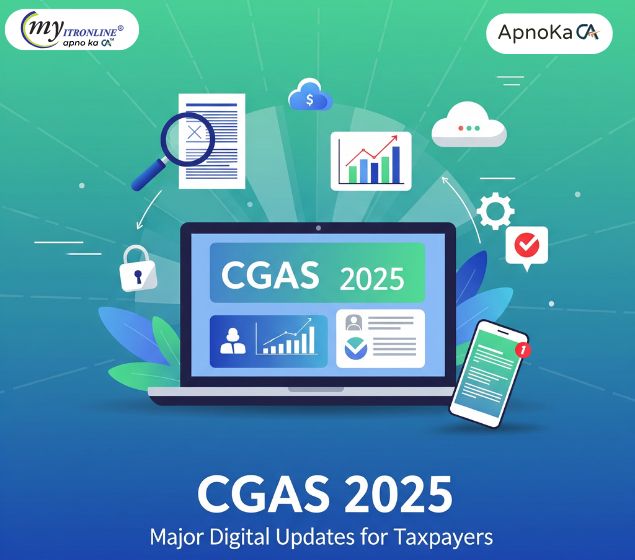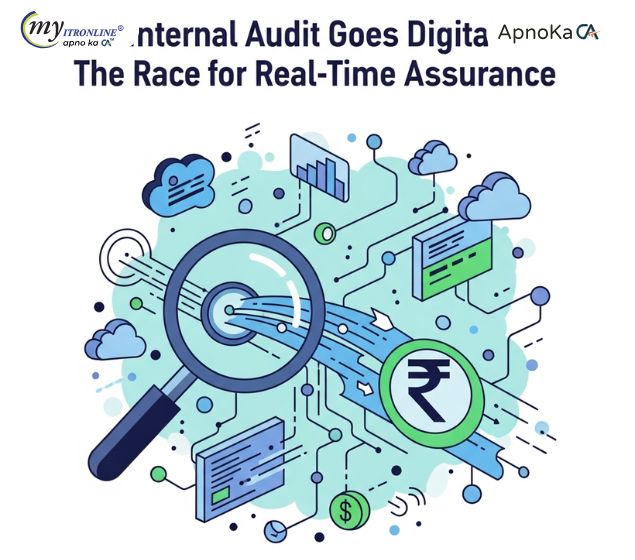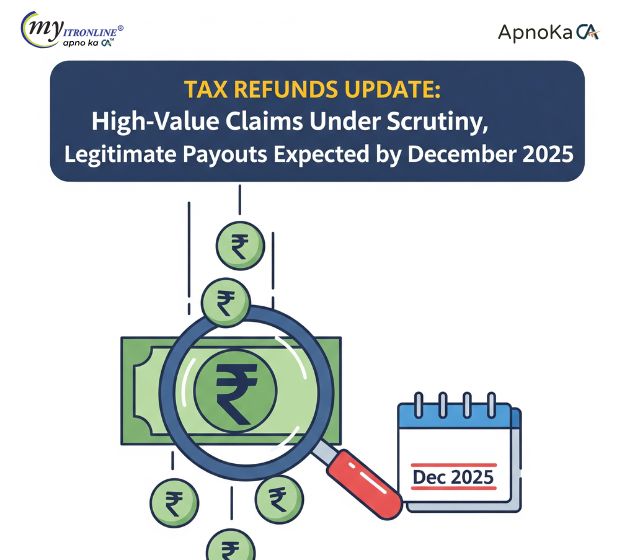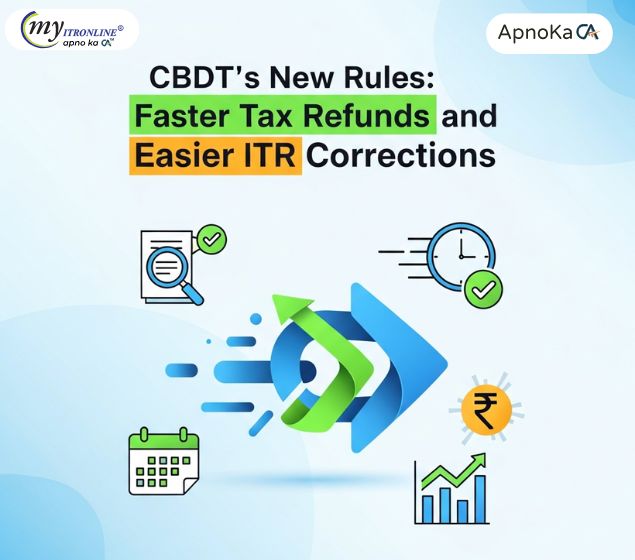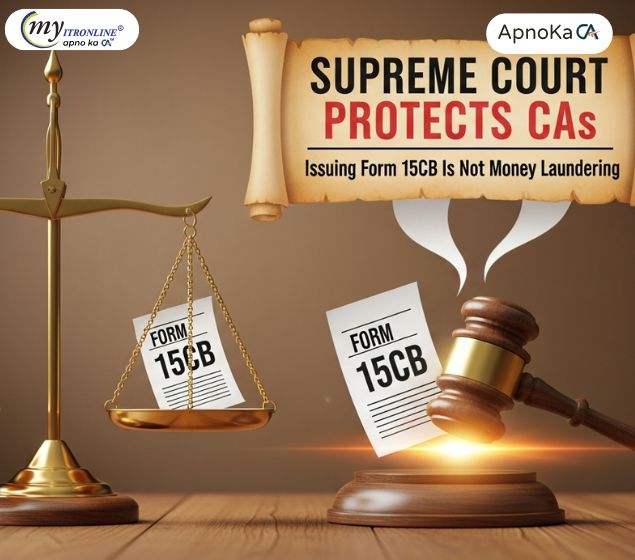The Income Tax Act's Section 79A: Principal Provisions, Effect on Businesses, and Strategic Tax Planning
One important measure to stop companies from abusing loss carry-forward processes when ownership changes is Section 79A of the Income Tax Act, 1961. This blog explores the main points of Section 79A, when it applies to mergers, acquisitions, and restructuring, and how it affects companies, particularly small and startup ones. We also look at the section's exclusions and how enterprises, venture capitalists, and investors might use this clause to guarantee legal compliance while implementing smart tax planning.
Section 79A of the Income Tax Act: Detailed Overview
Overview
A recently enacted provision in Indian tax law, Section 79A of the Income Tax Act, 1961, aims to prohibit specified types of losses from being carried forward or set off in particular situations. By using this clause, taxpayers can be certain that fair practices are followed while claiming and deducting losses. Let's examine the main points of Section 79A, as well as its applicability and effects on taxpayers.
Important Provisions of Section 79A
Applicability
Companies and firms that experience substantial ownership changes are the main aim of Section 79A. This provision applies in the event of a transfer of shares or ownership and prevents some losses from being carried forward to lower taxable income in subsequent years.
Limitations on Carry Forward and Set Off of Losses
The main goal of Section 79A is to stop loss carry-forwards from being abused. In particular, losses accrued prior to a change in a company's ownership that occurs after a predetermined threshold cannot be carried forward. This implies that losses incurred in prior years that were not offset against earnings are not carryover losses that can be applied to lower taxable profits in subsequent years.
Change in Ownership
When a firm sells or transfers more than 51 percent of its ownership, Section 79A is activated. This typically occurs in situations involving acquisitions, mergers, or restructuring. The purpose of the provision is to prevent tax evasion strategies that take advantage of loss carry-forward laws to the advantage of the subsequent owners.
Types of Losses Covered
The majority of the section deals with business losses that an organization may want to roll over and deduct from revenue in subsequent years. However, if there is a notable shift in the ownership of shares, capital losses could also come under examination.
Impact on Startups
Section 79A has a substantial impact on startups and small enterprises, especially those reliant on fundraising rounds when there are large changes in ownership. While there are some exemptions for startups under the 'Start-up India' program, companies who are fundraising or reorganizing need to carefully consider the consequences of this section.
Exclusivity As per Section 79A
There are several clauses and exclusions under which Section 79A would not be applicable. Among them are:
- Succession or inheritance: If ownership is transferred as a result of a death or inheritance, the loss carry-forward provisions can still be in effect.
- Mergers and amalgamations: There may be exceptions in specific situations if the merger or amalgamation has received legal approval.
- Certain leniencies for new businesses: Businesses that satisfy the requirements outlined in the recommendations of the Department for Promotion of Industry and Internal Trade (DPIIT) may be exempt from Section 79A's limitations.
Effect on Tax Preparation
Since Section 79A was implemented, companies must plan their tax strategies with greater caution. Businesses that often alter their shareholding must make sure they abide by this rule since they risk losing out on important tax advantages if they don't.
Investor Considerations
Before making an investment in a company, venture capitalists and investors should determine how Section 79A may affect their future tax obligations. Any large transfer of ownership may restrict the amount of losses that may be carried forward.
Company Valuations
Since the inability to carry forward losses may lower future profitability, the valuation of enterprises going through shareholder changes may also be impacted. In the case of mergers and acquisitions, this is especially crucial.
Impact on Startups and Small and Medium Enterprises (SMEs)
When going through investment rounds, SMEs and startups should be particularly aware of the implications of Section 79A. For long-term financial planning, it is essential to comprehend how ownership changes may affect their tax burden.
In Summary
One crucial clause in the Income Tax Act, Section 79A, is meant to stop loss carry-forwards from being abused when ownership changes. Although many firms may not be able to offset losses as much as they would want, this part is essential to encouraging equitable tax policies. Businesses must carefully consider how this clause may affect their tax plans, particularly if they are going through a merger or other major reorganization.
FILING YOUR INCOME TAX RETURN F.Y 2024-25 (A.Y. 2025-2026) WITH MYITRONLINE
The income tax filing deadline is right around the corner. If you haven’t filed yet, do it today with Myitronline! Avoid last minute rush and file your tax return today on MYITRONLINE in Just 5 mins.(www.myitronline.com)
If you are looking for eCA assistance to file your income tax return/ GST, you can opt for MYITRONLINE eCA assisted plan starting
Upload Salary Individual Form-16
If you have any questions with filing your tax return, please reply to this mail. info@myitronline.com OR call 9971055886,8130309886.
Note-All the aforementioned information in the article is taken from authentic resources and has been published after moderation. Any change in the information other than fact must be believed as a human error. For queries mail us at marketing@myitronline.com
Krishna Gopal Varshney
An editor at apnokacaKrishna Gopal Varshney, Founder & CEO of Myitronline Global Services Private Limited at Delhi. A dedicated and tireless Expert Service Provider for the clients seeking tax filing assistance and all other essential requirements associated with Business/Professional establishment. Connect to us and let us give the Best Support to make you a Success. Visit our website for latest Business News and IT Updates.
Leave a reply
Your email address will not be published. Required fields are marked *Share this article
Krishna Gopal Varshney, Founder & CEO of Myitronline Global Services Private Limited at Delhi. A dedicated and tireless Expert Service Provider for the clients seeking tax filing assistance and all other essential requirements associated with Business/Professional establishment. Connect to us and let us give the Best Support to make you a Success. Visit our website for latest Business News and IT Updates.
View articles










